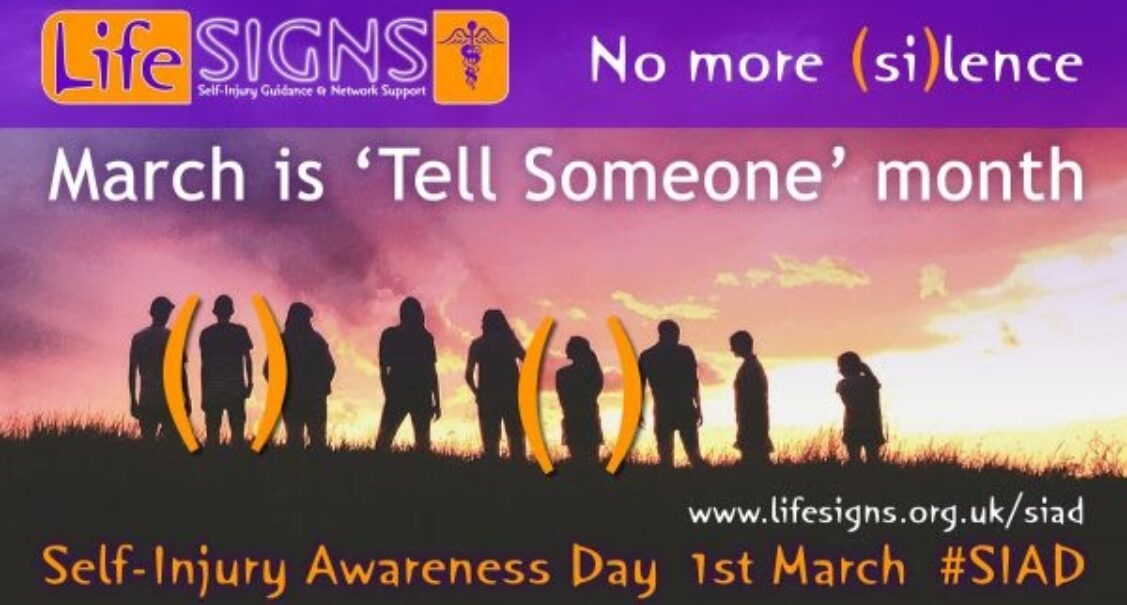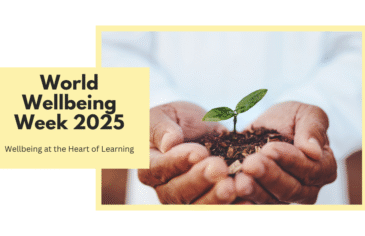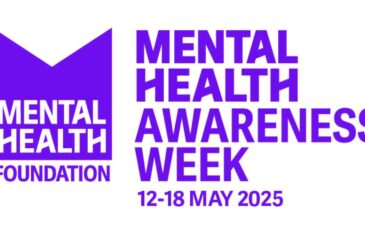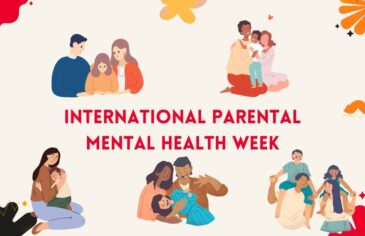Words from a therapist: a brief offering on a complex matter
by Lucy DeHavas, Therapist Lead and Clinical Manager, Red Balloon of the Air
Sunday 1st March is self-injury awareness day, and we want to help break down the common stereotypes surrounding self-harm.
Myths of self-harm
Negative stereotypes around self-harm can make someone feel like they don’t want to come forward for help and advice. Common myths induce shame around the behaviour which can lead to more secrecy.
Top of the list of myths is that people self-harm because they are “attention seeking”.
In reality, self-harm is most likely to be done alone and the person normally does their utmost to hide or disguise it.
If they have been able to be open about it, some people may again wrongly interpret this as seeking attention. Believing this myth is unhelpful in all ways. A much better description, which comes closer to the truth, is perhaps “care seeking”: they are suffering and trying to use self harm as a remedy.
What to do when someone self-harms
It can be really difficult to know what to do when someone you care about has self-harmed. For some people, self-harm can become a habitual or addictive behaviour, so telling somebody to “just stop it” will not work and could even actually have the unintended consequence of alienating them further.
So what is the “right” approach?
If a person tells you that they’re self-harming it has often taken a huge amount of courage for them to speak up. Following the below points can be a useful guide on how to support them:
- recognise the courage and the trust they have placed in you by opening up to you
- ask if they are ready to talk more about it.
- show empathy, actively listen, and let them direct the conversation.
- be gentle and caring.
- offer kindness, which could include helping them with some self care from a first aid box.
- find out if they would mind if you asked some questions.
Remember, some people will speak openly and have done before, but for others, this may be the first time. As the trust develops further you could offer that you would like to be of more help to them, and would like to understand them better.
Above all else, take them seriously.
What are some of the reasons people self-harm?
There are lots of different reasons that someone may cause self-injury. Often it is used as a coping strategy to help deal with problems being faced. Here are some examples of reasons why people may self-harm:
- They feel it releases tension when they are distressed.
- The physical pain distracts from their emotional pain.
- They feel more in control.
- They feel like their emotional hurt is made “real”.
- They believe they are punishing themselves or others.
- Their problems feel more manageable
- They perceive it eases their anxieties
Changing coping strategies
As self-injury is often a coping strategy it cannot simply be stopped without first finding a new coping strategy to replace it. Sometimes when someone self-harms they will tell you that the calming effects mentioned above have become less effective over time. It’s no longer “works”. This is an opportunity to wonder what other strategies could bring about these effects. In other words, are there other ways to experience these effects without causing self-injury?
It’s important to note that it can feel scary to be losing a coping strategy, so recognise how risky and challenging this can be. It can be helpful to talk a little about how habits are established, and how long it takes to replace one habit with another.
As with any habit, we can’t expect to switch overnight, and there may be many setbacks. But, if we keep at it, we can form new, healthier habits.
It can be useful to help them to make a list of options and encourage them to give some of them a go, and to support them as they try to establish new, healthier coping strategies.
Some words for parents
Any actions our children may take which are harmful to them can cause us an instinctive reaction of strong, confusing emotions. It can initiate protective or defensive responses. It can make us question our parenting skills, and we can quickly desensitize ourselves because it’s too painful to keep feeling those difficult emotions. We can become angry, helpless and frustrated. We can take it personally. We can carry our children’s sadness.
Parents may also need to seek support. A child self-harming can affect the whole family and turn our world upside down.
Remember that during this time you may also need some help and support to help you cope, and that is okay.
We’ve included some numbers below which you can call if you need advice, support, or just someone to talk to while things are difficult.
The most important thing to remember
Whether you feel confident or uncomfortable with coping strategies like self-injury I would encourage you to stop a moment and think:
This human being is in distress; they need support; what helps me when I feel overwhelmed?
Remember that adolescents in particular do not have the same available choices to manage emotional distress as adults and recognise that they are at a specific phase where emotions can be felt more powerfully and self regulation is compromised.
Advice lines and further support
If you need support or advice on self-injury, for yourself or others, there are a number of advice lines you can call and apps and websites you can visit for help. Remember, you do not have to face things alone.
LifeSIGNS
Self-injury guidance and support network website offering help to people of all ages affected by self-injury.
YoungMinds Parents Helpline
Call for free 0808 802 5544 (Mon-Fri 9:30 – 16:00).
Available in England, Scotland, Wales and Northern Ireland.
CALM (Campaign Against Living Miserably)
Offers support to young men in the UK who are down or in a crisis. CALM is dedicated to preventing male suicide, the single biggest killer of men under 45 in the UK.
Helpline: 0800 58 58 58 (Daily 17:00-midnight)
Webchat: www.thecalmzone.net/help/webchat/
Childline
Children under 19 can confidentially call, email, or chat online about any problem big or small
Freephone 24h helpline: 0800 1111
Sign up for a childline account on the website to message a counsellor anytime
The Mix
A confidential helpline, email, webchat and telephone counselling service for young people under 25.
Freephone: 0808 808 4994 (daily 13:00-23:00)
Youth Wellbeing Directory
Lists of local services for young people’s mental health and wellbeing.
Youth Access
Offers information about advice and counselling services in the UK for young people aged 12-25 years
MindEd
MindEd for families is a website where you can hear about other parents’ experiences and find clear, helpful guidance on children and young people’s mental health and wellbeing
Calm Harm app
A free app providing support and strategies to help you resist or manage the urge to self-harm
download from Google Play or App Store
MeeTwo app
A free app for teenagers providing peer support and resources. Young people can share what’s going on for them and send supportive messages to others. All messages are fully moderated.
download from Google Play or App Store




